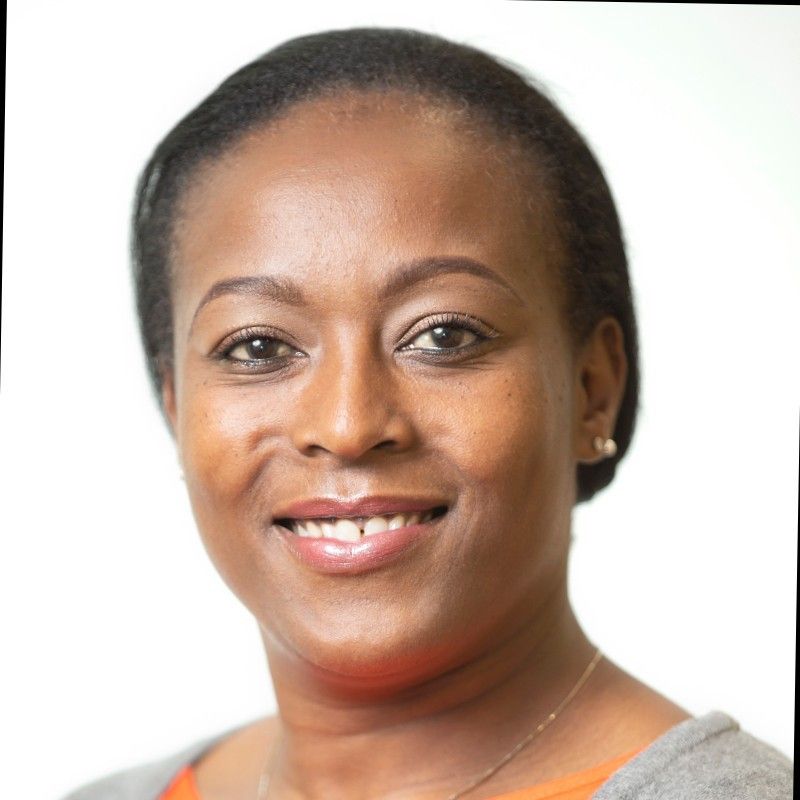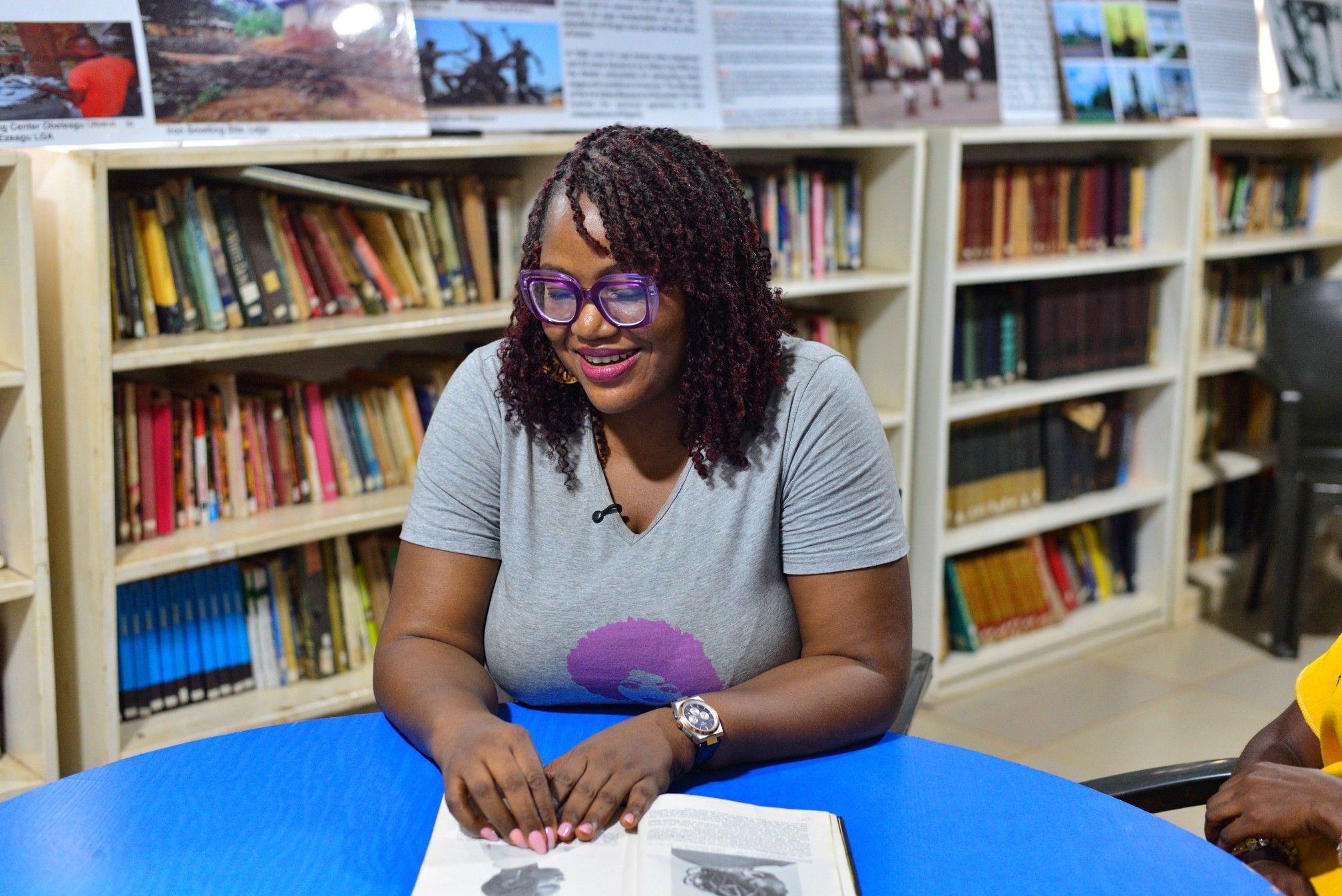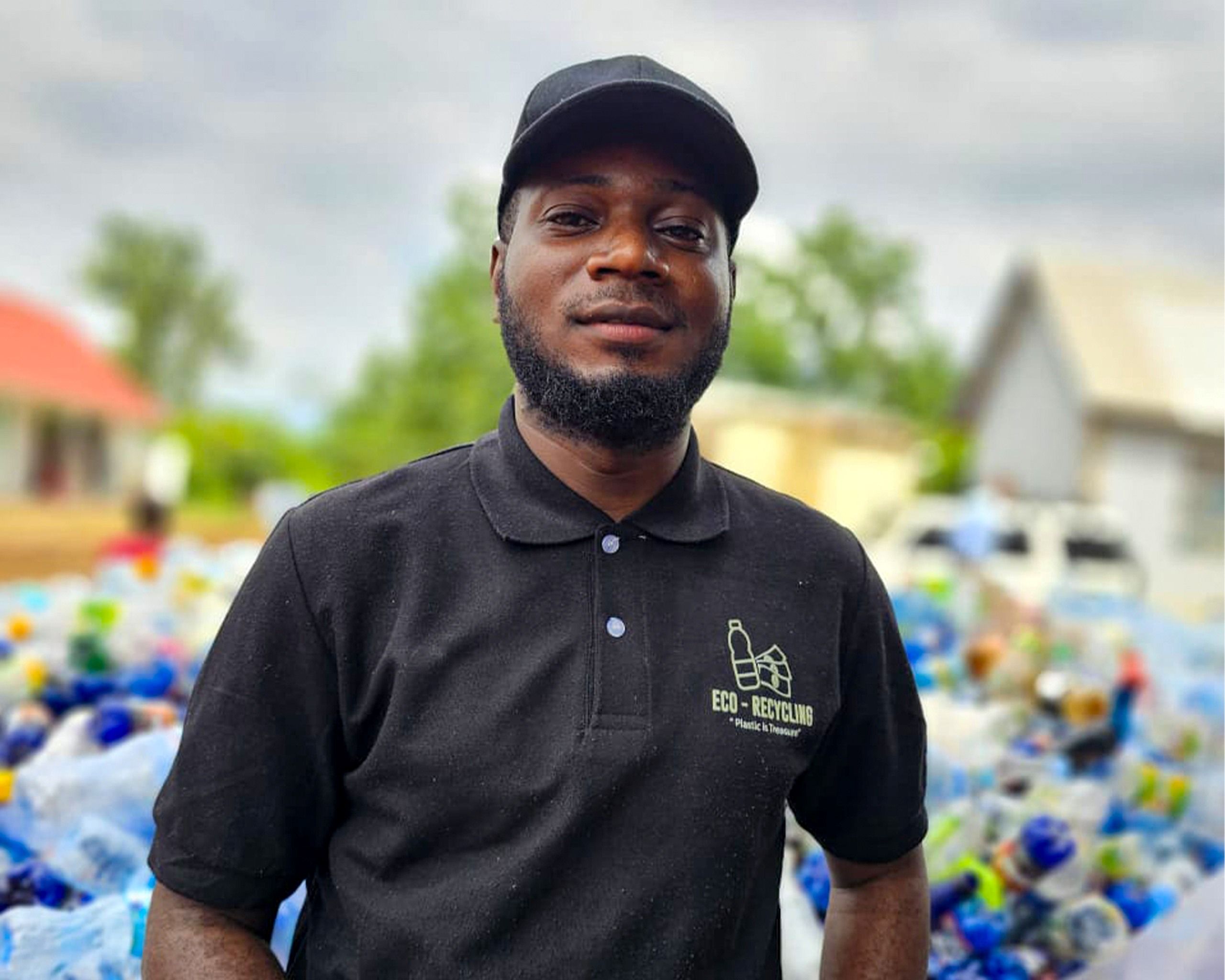I have heard it said, that we are the greatest and smartest species on the planet. I used to think that was obviously true. However, I have come to question that statement a lot. Partly through life’s school of hard knocks, but more so from the crisis we (humanity) have created on and for our planet.
We sat down in the living room of our home, the Earth, and we set our house on fire. We are still wondering if we really did, and still thinking we have lots of time to put the fire out. Surely, the fire department will come, and if not, our neighbours will come and help us.
We are sitting inside; talking, reading, snoozing, watching TV, scrolling on our phones. At the dining table, our intellectual friends talk about colonizing new planets and places, like it was a ‘success’ the first time. Irritable voices complain that life is a struggle and COVID-19 has made it so much worse for us all. We catch a glimpse of smoke float by the window, and we smell a slight hint of something burning on the evening breeze. But we don’t pay any attention to it. Surely, it’s not here. It can't be our house…
The Intergovernmental Panel on Climate Change (IPCC) recently released the Physical Science Basis report on Climate Change. Simply put, it’s a report by the world’s leading scientists from 195 countries on the scientific evidence of climate change. All 195 countries sign off on the report before it can be published. The report gives the current state of the climate, the role of human activity, future scenarios, and what needs to be done to limit climate change.
The climate crisis has already begun
Here are a few highlights from the science in the report:
- It is without question that humans have warmed the atmosphere, ocean, and land. The climate has warmed at a rate never seen in the last 2000 years, because of emissions from human activities. Human-induced climate change is already affecting every inhabited area of the world with changes in weather and climate extremes.

- Surface temperature will increase over the next 30 years irrespective because certain changes are already locked in the climate system, due to the emissions already produced over the past decades. However, if we do not reduce emissions in the coming decades we will pass the thresholds we need to live suitably, of 1.50C and 2.00C, and head into a terrible mess! At present, we are at 1.10C average global temperature. If we do increase global warming, the changes in the climate system will become significantly worse in frequency and intensity.

- From the figures shown in the first diagram above, extreme hot temperatures that happened once every ten years will likely happen 4 – 6 times more in the same ten years if global warming is between 1.50C to 20C; and if warming goes to 40C, we will experience extreme heat practically every year. The second diagram illustrates that droughts will probably happen almost 2.4 times more often in a ten-year period at 20C, or 4 times in ten years at 40C.
Limiting global warming caused by human activity requires significantly reducing CO2 emissions, because every tonne of CO2 emissions will add to increased global warming. We need to get to net zero CO2 emissions in the next 30 years (mid-century) to avoid the risk of overshooting the 1.50C humanity’s well-being needs. Net zero emissions means all CO2 emissions produced by humans are counterbalanced by removing them from the atmosphere.
I have written a previous article on climate change and Africa; but it is worth highlighting from the recent IPCC report that because of human-caused climate change, the surface temperature in Africa is rising faster than the global average. Additionally, sea levels around Africa have risen over the last three decades at a higher rate than the global mean. More insights on our continent are presented in the Africa factsheet.
Achieving net zero
The World Resource Institute highlights 10 things that we need to change in every country, with every citizen, for the world to achieve net zero emissions:

Policy, the private sector, and technology are vital to making this change happen. However, perhaps the most important are: changing mindset and behaviour. At the end of the day, people make the decisions, not institutions. If we can change our individual mindsets and then in turn our behaviour, we have a chance of reducing and maybe even resolving the climate crisis we are in.
A fellowship of the Earth?
From 31st October – 12th November 2021, Glasgow will host the 26th United Nations Climate Change Conference (COP26) bringing together world leaders to speed up action on the Paris Agreement goals. These goals were ‘that every country agreed to work together to limit global warming to well below 2 degrees and aim for 1.5 degrees, to adapt to the impacts of a changing climate and to make money available to deliver on these aims.’
There are 4 key priorities for this life-critical meeting in Glasgow that need to be achieved:
- Secure net zero by mid-century and keep 1.50C within reach
- Adapt to protect communities and natural habitats
- Mobilise finance
- Work together to deliver

If the world can reach net zero by 2040, our chances of keeping warming below 1.50C are higher. To get there, higher emitting countries MUST deliver net-zero without fail. In July, UN Secretary General, Antonio Guterres said, "The world urgently needs a clear and unambiguous commitment to the 1.5-degree goal of the Paris Agreement from all G20 nations. There is no pathway to this goal without the leadership of the G20."
Developing countries must also commit to reducing emissions, there is no way out of it. We must all ensure a healthy and habitable planet. Otherwise, life will be pure and basic survival; you can forget about development or prosperity.
The outcomes of COP26 will tell us what kind of world and future we can all expect. COP26 will be a test of the character and courage of our leaders. And from there, our ability to take action on what is committed. There’s an African proverb that says, ‘Any dead fish can flow down the river but it takes a live one to swim back upstream.’
Actions have consequences
I think it is time for each one of us to ask ourselves the question: What is my relationship to planet Earth?
The current state of climate evidenced in the recent IPCC report is bleak and very real. It shows us that our actions as humanity, over the past decades, have created dire consequences we now have to face, together. Like it or not; deny it or not.
These are challenging times we have brought upon ourselves. Albert Einstein once said ‘you cannot solve problems at (with) the same level of thinking and consciousness that created them.’
Also read: What’s Your Personal Carbon Footprint? Calculate It Now and Be Part of the Climate Change Solution
Useful notes
1) World Resource Institute is a global research organization that works with multiple stakeholders to improve people’s lives and protect nature.
2) G20 countries: Argentina, Australia, Brazil, Canada, China, the European Union, France, Germany, India, Indonesia, Italy, Japan, Mexico, Russia, Saudi Arabia, South Africa, South Korea, Turkey, the United Kingdom, and the United States.
3) This question is adapted from: Wheatley, M.J. Turning to One Another: Simple Conversations to Restore Hope to the Future. San Francisco. Berrett-Koehler. 2009
4) The latest IPCC report explained in 7.5minutes
5) Netflix: Breaking Boundaries: The Science of Our Planet
6) Denial or despair? How to rewrite your climate change story, Clover Hogan, TEDxLondonWomen





